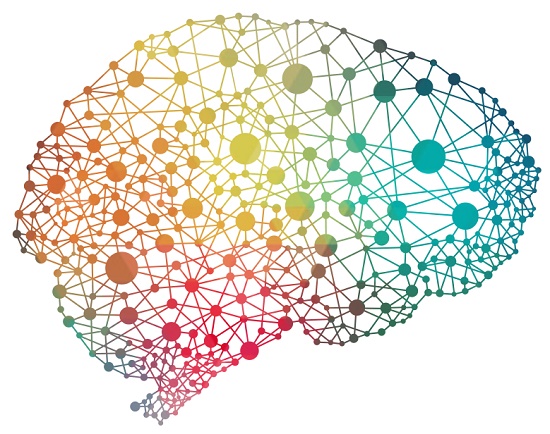
In 2013, Johns Hopkins University researcher and epidemiologist Dr. Frank Lin guided a study that was the first to review the possible consequence of hearing loss on mental function.
Participants with hearing loss took repeated cognitive exams, used to measure memory and thinking skills, over the span of six years. Hearing tests were also performed over the same time period.
What the investigators found was concerning: the cognitive abilities of those with hearing loss diminished 30 to 40 percent faster than those with normal hearing, even after accounting for other contributing factors like high blood pressure, age, and diabetes.
But that wasn’t everything. Not only did those with hearing loss experience higher rates of cognitive decline—the decline was directly linked to the degree of the hearing loss. The more intense the hearing loss, the greater deterioration to brain function. In addition, those with hearing loss exhibited signals of appreciable cognitive deterioration 3.2 years sooner than those with average hearing.
The research reveals a strong association between hearing loss and cognitive decline, but the question persists as to how hearing loss can lead to cognitive decline.
How Hearing Loss Causes Cognitive Decline
Researchers have suggested three explanations for the connection between hearing loss and cognitive decline:
- Hearing loss can bring about social isolation, which is a well-known risk factor for cognitive decline.
- Hearing loss causes the brain to allocate too many resources to the processing of sound, at the expense of short term memory and thinking.
- A common underlying trauma to the brain causes both hearing loss and declined brain function.
Possibly it’s a mixture of all three. What is evident is that, regardless of the cause, the relationship between hearing loss and cognitive decline is powerful.
The concern now becomes, what can be done about it? Researchers estimate that 27 million Americans over age 50, among them two-thirds of men and women aged 70 years and older, are suffering from some type of hearing loss. Is there a way those with hearing loss can protect against or slow cognitive decline?
How Hearing Aids Could Help
Remember the three ways that hearing loss is believed to cause more rapid cognitive decline. Now, consider how hearing aids could address or correct those causes:
- Individuals that use hearing aids gain back their social confidence, become more socially active, and the problems of social isolation—and its contribution to mental decline—are mitigated or eliminated.
- Hearing aids protect against the overtaxing effect of struggling to hear. Mental resources are freed up for memory and reasoning.
- Hearing aids provide amplified sound stimulation to the brain, helping to re-establish neural connections.
Admittedly, this is mainly theoretical, and the big question is: does wearing hearing aids, in fact, slow or prevent hastened mental decline, and can we measure this?
The answer could be found in an forthcoming study by Dr. Frank Lin, the lead researcher of the initial study. Lin is working on the first clinical trial to study whether hearing aids can be objectively measured to prevent or minimize brain decline.
Stay tuned for the results of this study, which we’ll address on our blog once published.
